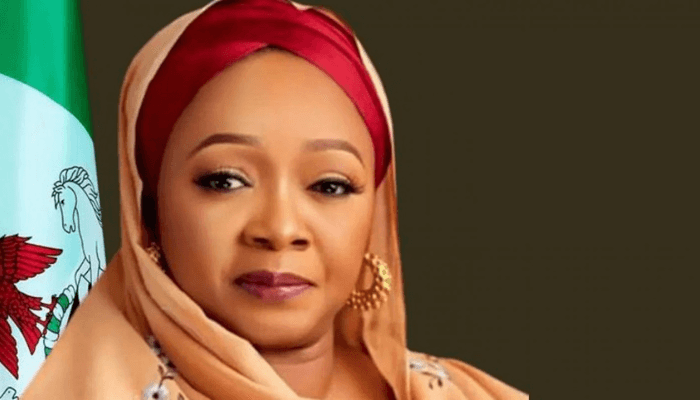The Federal Government (FG) has unveiled plans to establish an Emergency Gender-Based Violence Response Fund, a policy move coming on the heels of new research exposing the growing threat of technology-facilitated abuse against women and girls in Nigeria.
Announcing the initiative in Abuja on Friday, the Minister of Women Affairs, Imaan Suleiman-Ibrahim, said the proposed fund would serve as a dedicated financial mechanism to bridge long-standing gaps affecting safe spaces, emergency systems and survivor-centred support services.
Suleiman-Ibrahim, represented by her Special Adviser on Political Matters, Alhaji Nasir Zakari, noted that the measure is designed to provide rapid and reliable assistance to survivors when “care is needed most.”
“With this fund, we aim to guarantee operational stability, rapid response, and uninterrupted access to care,” she said, describing the reality of gender-based violence survivors as one marked by “pain, uncertainties, and vulnerabilities.”
Read Also: Lagos DSVA seeks stronger collaboration against SGBV
She added that Nigerian women and girls continue to face severe forms of physical and digital abuse, including abductions and conflict-related violence.
The minister said the launch of the new research on Technology-Facilitated Gender-Based Violence (TF-GBV) was timely as it coincides with the global 16 Days of Activism Against Gender-Based Violence.
She stressed that online abuse—ranging from cyberbullying to harassment and the non-consensual dissemination of private images—is increasingly shaping the experiences of women and girls, including those participating in politics.
Speaking earlier, the Special Adviser to the President on Health, Dr Salma Anas-Ibrahim, said she looked forward to learning from the report, particularly the testimonies of survivors of online harms.
She noted that the study’s findings would help stakeholders translate ongoing discussions into concrete action.
The event was organised by the Development Research and Projects Centre (dRPC) in partnership with Advancing Learning and Innovation on Gender Norms, and funded by the Overseas Development Institute.
In her remarks, dRPC Executive Director, Dr Judith-Ann Walker, said the findings were critically important as Nigeria’s key political institutions, the National Assembly, the Independent National Electoral Commission, and political parties, undertake reviews of their gender policies.
She urged policymakers to adopt the report as a baseline framework for addressing technology-facilitated GBV nationwide.
ALIGN-ODI Gender Lead, Dr Jan Michalko, said the research forms part of a larger multi-country initiative aimed at highlighting the digital challenges faced by women in politics and how such experiences undermine their participation in national development.



